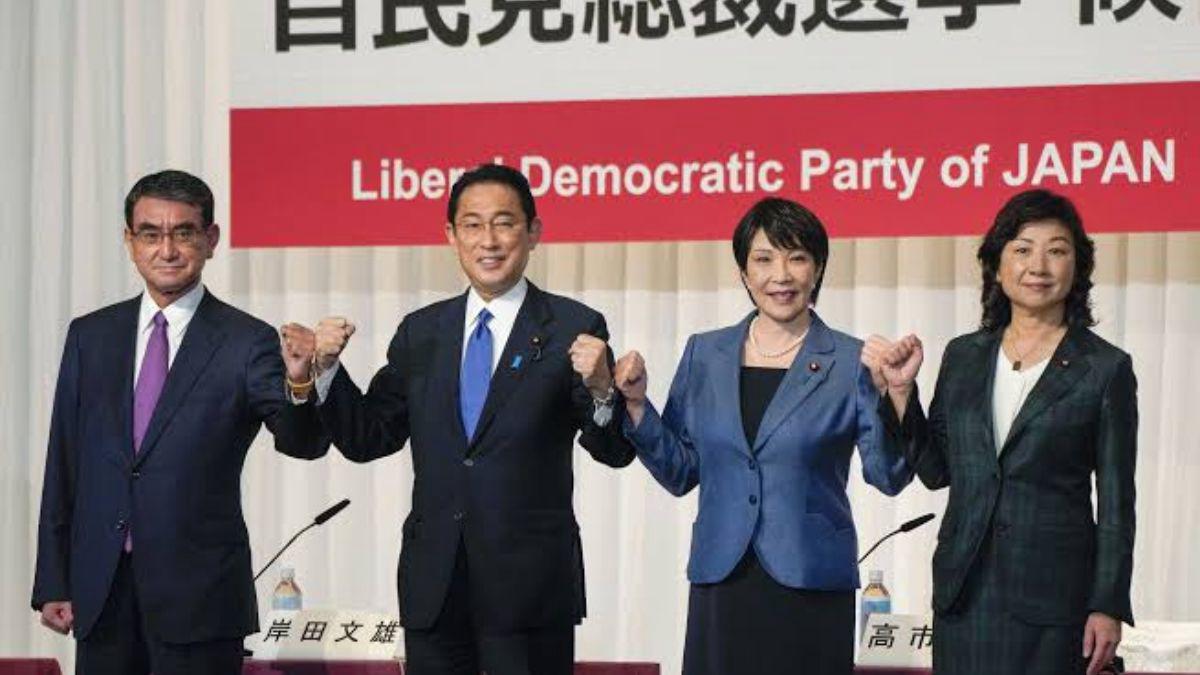Prime Minister Fumio Kishida has decided to withdraw from the upcoming Liberal Democratic Party (LDP) presidential election, succumbing to intense criticism and a significant decline in public support. Kishida’s announcement, made on Wednesday, comes as a response to mounting dissatisfaction within the party regarding his leadership and the government’s handling of various issues.
Kishida, who also serves as LDP president, informed senior party officials of his decision through a series of phone calls before publicly declaring his withdrawal. The move reflects Kishida’s acknowledgment of the difficulty in securing a new mandate given his administration’s poor performance in recent opinion polls.
The prime minister’s tenure has been marred by controversies, including allegations of violations of the Political Funds Control Law involving LDP factions. In January, Kishida dissolved his own faction and implemented revisions to the party’s governance code, aimed at curbing factionalism. Despite these efforts, the party faced substantial backlash, culminating in a fundraising scandal that led to disciplinary actions against 39 members from the Abe and Nikai factions in April.
Public discontent with the Kishida administration was further evidenced by disappointing results in recent by-elections. The LDP’s poor performance in three House of Representatives by-elections in April, coupled with a lackluster showing in the Tokyo Metropolitan Assembly by-elections in July, intensified calls for a change in leadership.
Amid these challenges, Kishida’s decision to step aside is seen as a strategic move to mitigate further damage to the party’s reputation and to prepare for a new leadership era. An aide to Kishida noted that the prime minister felt it was necessary to take responsibility at this juncture, aiming to address both domestic and foreign policy issues before stepping down.
The LDP is expected to announce a date for the presidential election next Tuesday. Kishida’s withdrawal is intended to demonstrate a commitment to party renewal and to rebuild public trust in the LDP ahead of this critical election. While Kishida’s tenure saw significant strides in defense policy and economic reforms, including efforts to raise wages, his administration’s inability to reverse declining approval ratings has prompted his departure from the leadership race.
As Japan gears up for a new phase of leadership, Kishida’s exit sets the stage for potential new contenders to shape the future of the LDP and the country’s political landscape.

